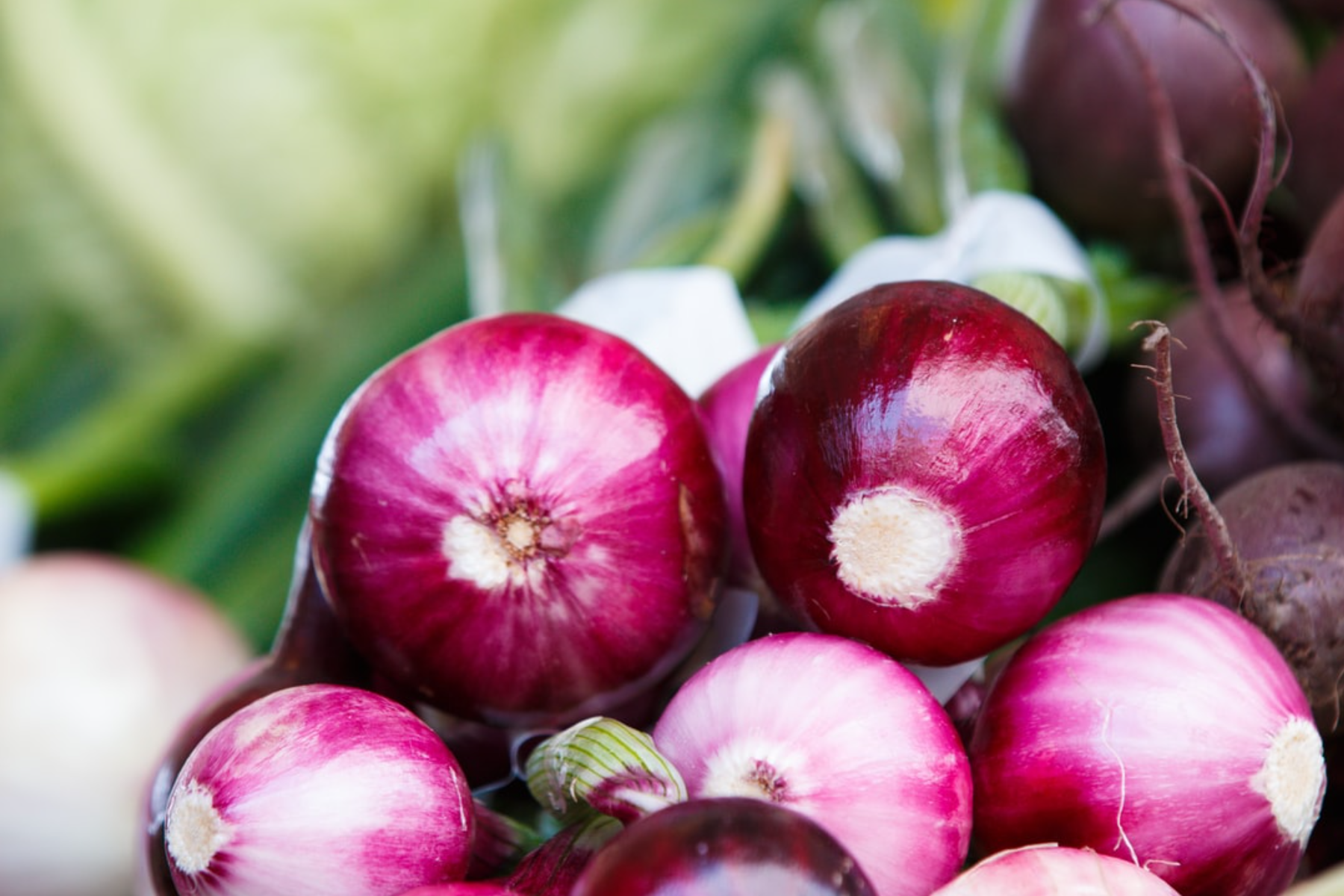Last Updated on April 15, 2024 by Real Men Sow
Choosing the best and worst onion companion plants is fairly easy. By the way, companion planting refers to the practice of planting vegetables, herbs, and fruits together in order that they can mutually benefit. Instead of planting rows or beds that are entirely tomato- or onion-rich, you can mix and match the plants in that particular bed.
Different plants can benefit from each other in many ways. This could include deterring pests or enhancing vegetable production, attracting bees, and preventing disease.
Why Should You Do Companion Planting?
One of the most sustainable and organic gardening methods is companion planting. Companion planting can help reduce pests, increase yield, and improve the taste. So why not give it a try? You just need to place certain plants next to each other in your garden and watch the magic happen.
The Best And Worst Onion Companion Plants
Here, we give you the list of plants that grow well and don’t grow well with onions.
The Best Plants For Onions to Grow With
Onions are a great companion plant for any spot in your garden. They are a great pest repellant because of their strong smell. Because of their strong scent, interplanted onions can be used to repel many pests. We have had great success using onions to repel aphids and other pests like flea beetles (Japanese beetles), Japanese beetles (Flea beetles), and rabbits. These are the best companion plants for onions.
- Beets – Onions protect beets from flea beetles and aphids as well as munching rabbits. Beets are able to protect onions against thrips.
- Broccoli, Cabbage, Cauliflower, Kohlrabi, and Kale – Onions repel cabbage loopers and cabbage worms as well as flea beetles and cabbage maggots. These pests love cabbage family members like broccoli, cauliflower, and Brussels sprouts.
- Cantaloupes, Honeydew, Watermelon, and other melons are all possible – Cantaloupe and other melons are protected by the onion plant.
- Chamomile – Chamomile and onion make a great combination, especially if you live somewhere humid. Chamomile’s natural antifungal qualities help to prevent fungal diseases from occurring in onions. Chamomile attracts beneficial insects, which can be used to control pests that may eat onions. This holds true for many other herbs and flowers, such as marigolds and borage.
- Lettuce.- Onion protects lettuce from pests by repelling them.
- Peppers. Pepper plants can be deterred by garlic and onions, which are both good for the health of the aphids.
- Tomatoes – Tomatoes can be intruded on by insects due to the strong smell of onions.
- Strawberries – Onions are effective in repelling aphids that can cause havoc to strawberry crops.
- Summer savory – Although this herb isn’t recommended for all gardens, if you love sweeter onions you should plant it in yours. This herb not only enhances the taste of onions but also encourages strong growth. The flowers attract beneficial insects.
- Carrots – Onions can repel the carrot fly from your carrot crop.
Other Good Onion Companion Plants
Strong scents from onions and other members of the allium family can repel pests, especially those who depend on their senses to find their next meal. These include flea beetles and mosquitoes as well as spider mites, slugs, and many other pests.
The Worst Companion Plants For Onion
Most onions are friendly with everyone in the yard, with some exceptions. Avoid planting onions with:
- Peas, Beans (both bush beans and pole beans), and Other Legumes – The helpful bacteria that grows on beans, peas, and other legume roots can be killed by onions, which can stunt their growth. These legume plants are good for adding nitrogen to the soil, and onions are heavy feeders of nitrogen. Onions are great to plant after you have pulled your legume plants.
- Asparagus – Creates competition for the same nutrients which would only stunt the growth of one or both of your crops.
- Sage – Sage is more tolerant of onions than Sage, so it can be difficult to find the right growing conditions for both plants when they are planted together.
- Garlic, shallots, and shallots are all members of the onion family – Many pests that attack one onion-family crop can easily fly or jump to another onion-family crop. Give them space.

